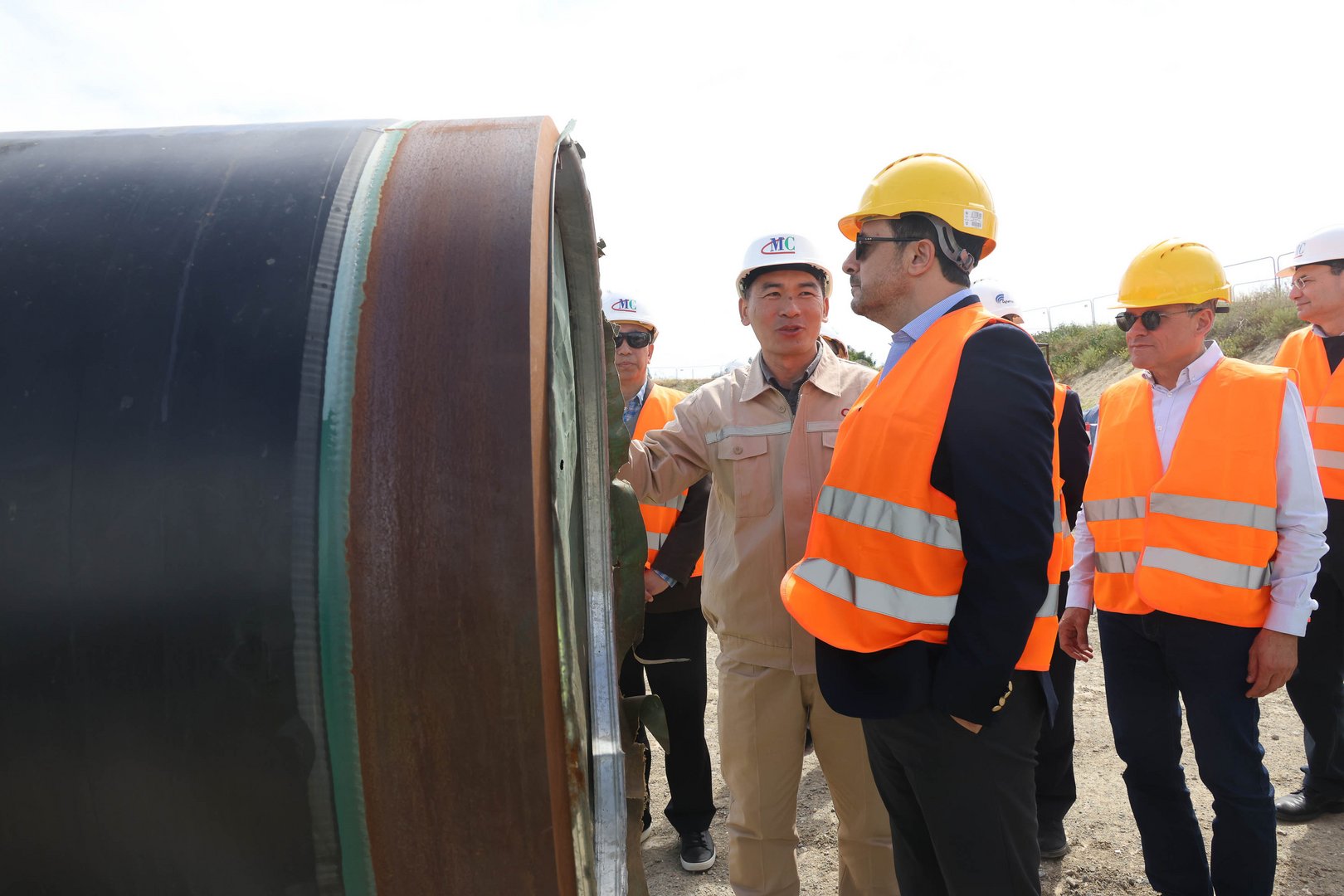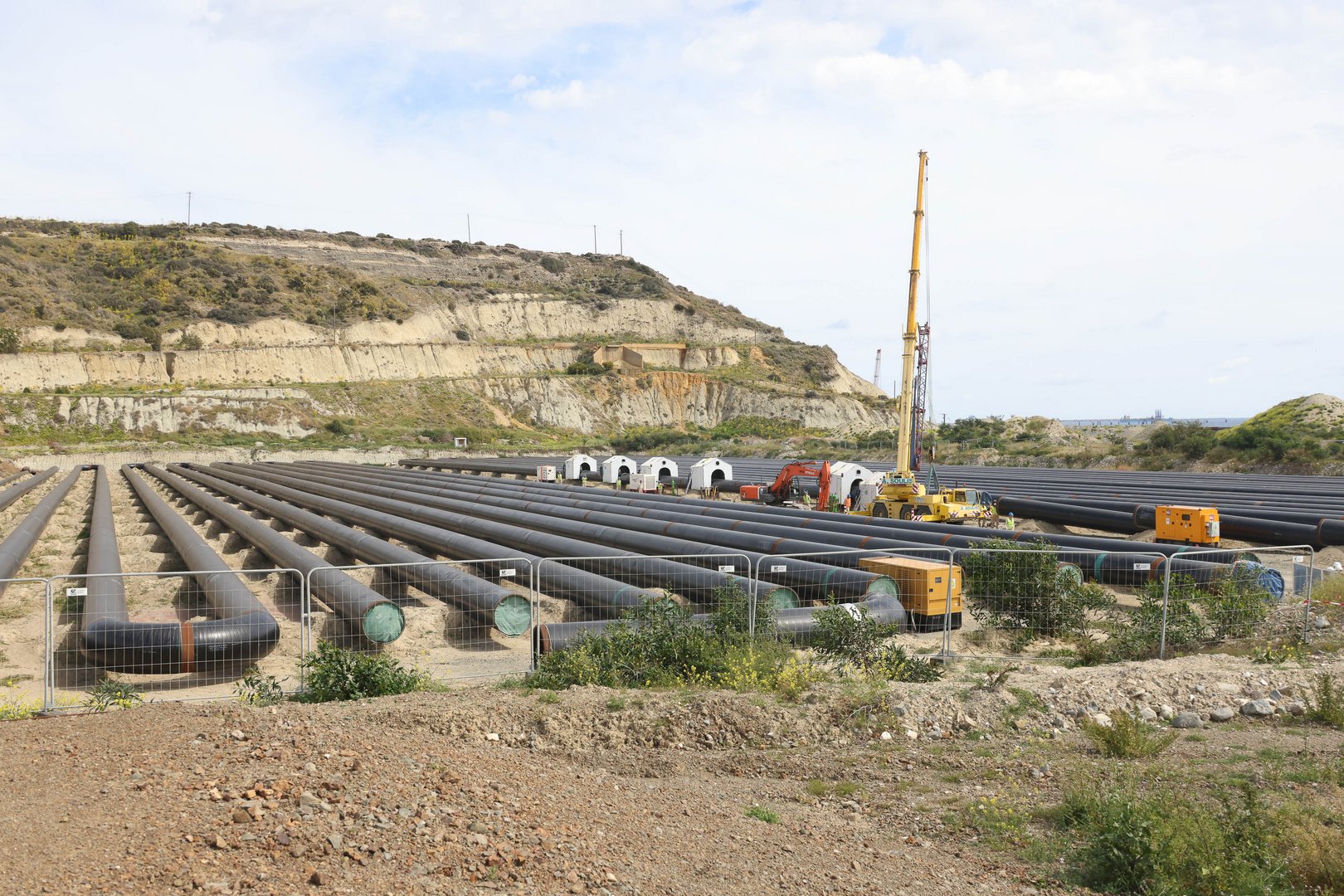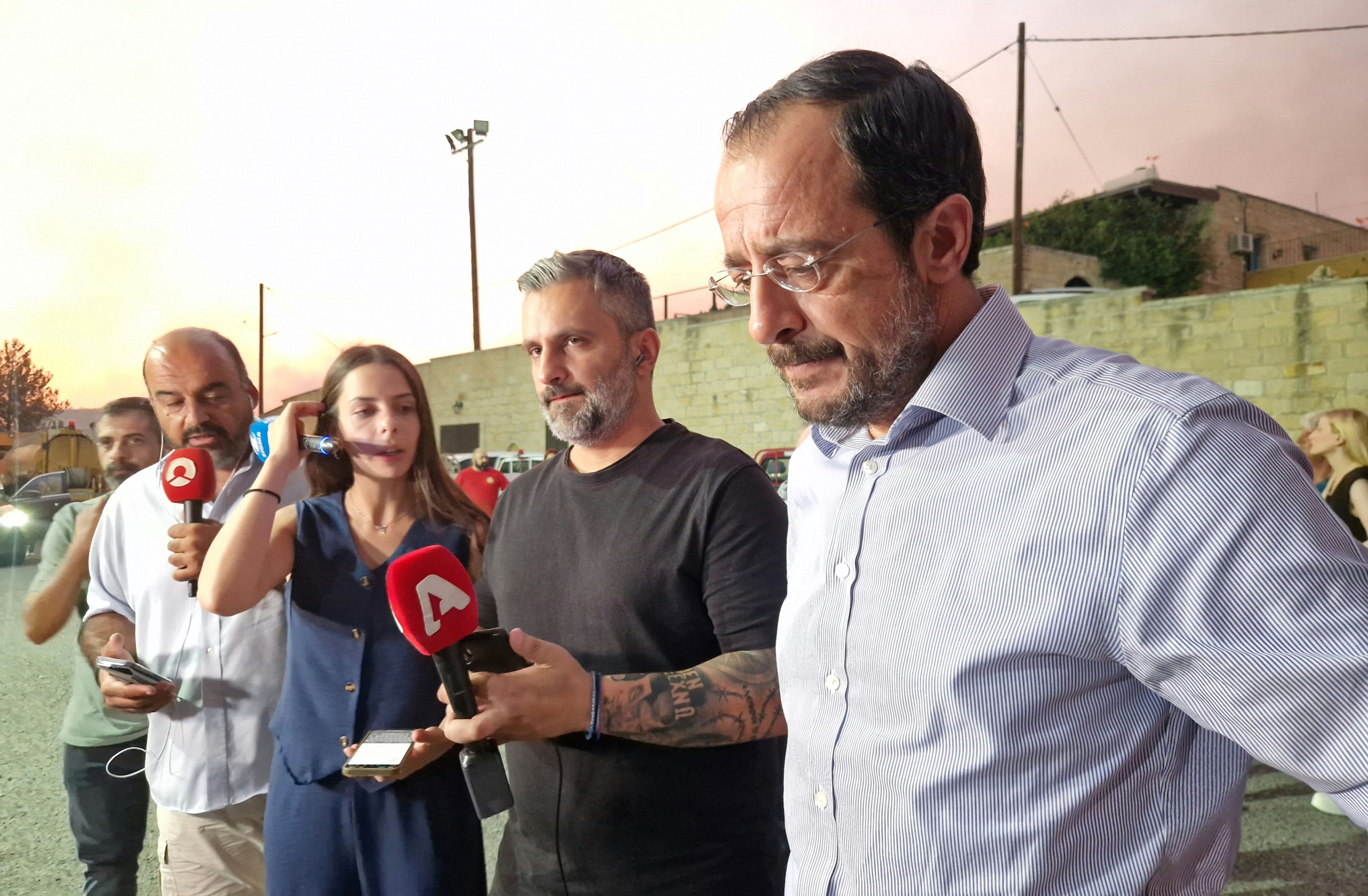Why do so many tenders for large public projects crash and burn? Sometimes the bidding competition gets bogged down in endless legal wrangling, eventually scrapped, and authorities have to go back to square one; at other times the contract is awarded to the wrong company, as exemplified by the LNG terminal debacle, and down the line or the other party pulls the plug.
The latest public tender to grab attention is that for the Public Warning System (PWS) – an alert system for emergencies like wildfires. Cyprus had none when the recent inferno tore through Limassol district, with many people in the mountain communities having to fend for themselves and rely on word-of-mouth on which areas or roads were safe to traverse.
Facing criticism, the government came out with an explanation for the lack of such a warning system for the public. It said a tender for a PWS was launched in 2022, but due to objections from some of the bidders the tender got cancelled in May 2024.
Civil defence is the designated authority responsible for implementing and operating the PWS.
After the first tender fell by the wayside, the interior ministry explained, civil defence queried the attorney-general as to whether it might be possible to fast-track the process, on the grounds that it was a matter of national security/public safety. The attorney-general’s office said no.
Subsequently, civil defence – in a bid to minimise the possibility of future objections hamstringing a new tender – amended the template tender documents.
Next, in December 2024 a second tender was launched, with a deadline for submission of bids set for end of February 2025.
Evaluation of the bids was completed in mid-July and the bidders were duly informed of the result.
Unless the unsuccessful bidders file objections with the Tenders Review Authority (TRA), the ministry said, the contract for the project would be signed during the first ten days of September 2025, with a timetable for completion of the project by the first half of 2026.
We shall see.
The Cyprus Mail reached out to civil defence with questions about the tender, but did not receive a response by the time of this report.

But sources familiar with the subject explained to us the background. They said that Cyprus currently does have a 112 alert system, used by members of the public to notify authorities of emergency situations. This is the ‘old’ 112 system, and the police are in charge of it.
However, under EU policy member-states are supposed to implement a ‘New Generation 112’ system designed to enhance public safety. This directive aims to improve emergency response times.
The upgrade would introduce advanced features such as geo-location, video calling, text messaging, and improved accessibility for disabled individuals.
This is what’s known as a ‘Reverse 112’ – where authorities alert the public. It’s the aforementioned PWS.
The civil defence was the contracting authority for the PWS tender launched in 2022. It aimed to merge the ‘old’ 112 with the Reverse 112.
But when the tender fell through, civil defence asked the attorney-general’s office if it could fast-track a second tender, for reasons of national security. In effect, it was asking whether it could go ahead with a no-bid contract – also known as a closed procedure.
The attorney-general said no, arguing that because the first tender was via open competition, the second one had to be as well. The same procedure had to be followed, because this was regarding the same project.
Giorgos Panteli, permanent secretary at education ministry, and formerly the permanent secretary at the finance ministry, said this was most likely the right call.
He opined that the PWS does not concern national security. And as such, it doesn’t qualify for a no-bid contract process.
In Cyprus, contracts for public projects may be awarded without bids only if they’re designated as classified or for national security reasons. Take armaments for the military, for instance.
“Because you don’t want everyone to know what you want to buy, the process is closed. Whereas with open tenders, it’s an open procedure and all the bidders know what you want,” said Panteli.
In addition, the official said, one can’t even argue that the PWS was an urgent project, as the first tender was launched back in 2021 and awarded in 2022, finally dropped in 2024.
But it’s not just the alert system – a series of tenders for public projects have run aground. To name but a few: firefighting copters for the forestry department; the €1.2 billion contract for revamping the Larnaca port and marina; and the LNG project.
Regarding the latter especially, as far back as the project was awarded the Cyprus Mail and others had reported that the successful bidder – CPP-Metron Consortium (CMC) – was not up to the task. It even emerged subsequently that officials were aware that the Chinese-led consortium had no prior experience with such projects. And they knew this when deciding to award the contract – they didn’t find out later.
The Chinese had submitted the lowest bid. They landed the contract in December 2019, then missed four delivery timetables. Finally, in July 2024 CMC tore up the contract, citing irreconcilable differences. That left the LNG project half-completed and in limbo. Arbitration proceedings are underway in a London court.

Panteli cites the LNG fiasco as a classic example of the practice of awarding contracts to the lowest bidder for large-scale complex projects. With so many moving parts, things are bound to go wrong.
“The heart of the public tenders issue,” he said generally, “lies in having the correct specifications. So the people drafting the tender documents must have expertise in the subject-matter, they must do thorough market research on what’s out there.”
But often, he adds, that expertise is lacking.
Another issue is that often the tender documents are unclear, vague, and thus open to interpretation.
This gives unsuccessful bidders an ‘in’ to challenge the award.
Also – and this relates back to the LNG project – the norm in Cyprus is to prioritise the financial part of a bid.
To explain: bidders submit two dossiers to the contracting authority. One dossier relates to the financial aspect – the price essentially – and the other to the technical aspect, which has to do with the quality of the work.
According to Panteli, the norm is to give a 60-40 weighting to the two dossiers when grading a bid. So the financial aspect is weighted 60 per cent, the technical aspect 40 per cent. The two dossiers are graded separately, and a formula applied for the final score of the bid as a whole.
At times the weighting for the financial dossier may go up to 70 per cent.
So whereas there’s no regulation mandating that a contract must always go to the lowest bidder, in practice this is what happens because of the lopsided weighting.
And why the 60-40? As far as Panteli recalls, this was the advice given some years ago by former auditor-general Odysseas Michaelides.
As to why tenders frequently get challenged, often leading to their cancellation, wasting time, the official suggests it’s because bidders have “easy access” to the TRA.
The fee for filing objections with the TRA comes to only about €1,000.
“So from the bidders’ perspective, challenging a contract award is low-risk. Maybe we need higher, deterrent fees.”
Asked whether rumoured corruption also plays a part in public contracts, Panteli said this was not his experience.
Other commentators, however, have had a less benign take.






Click here to change your cookie preferences